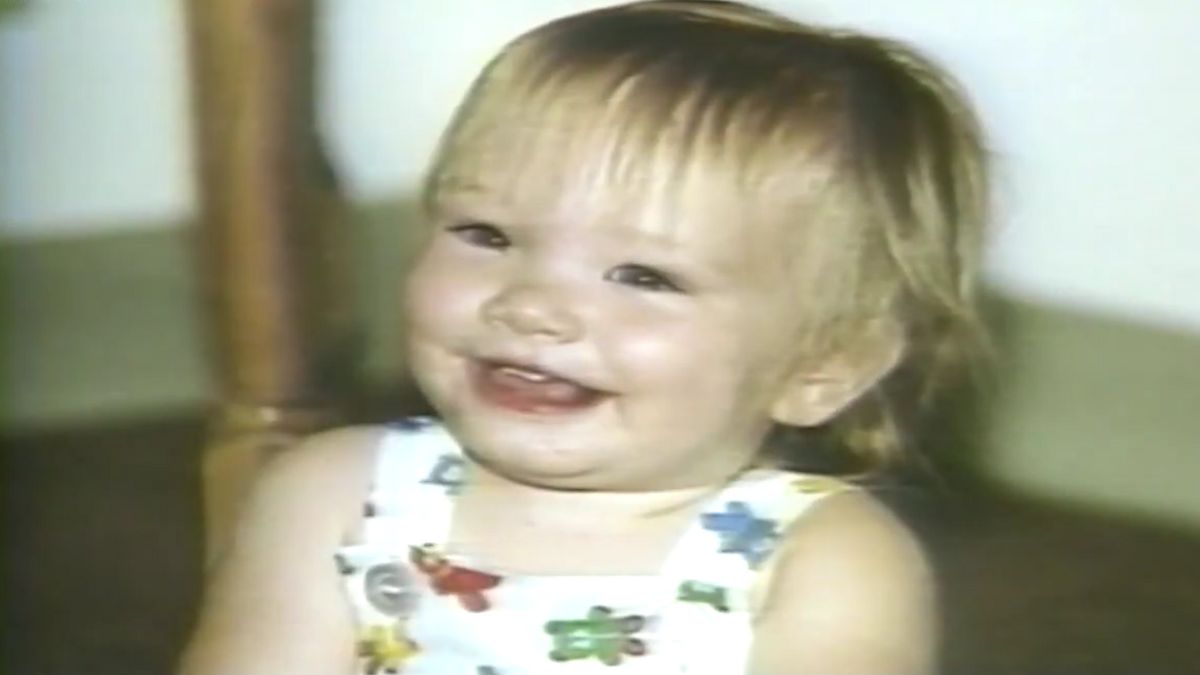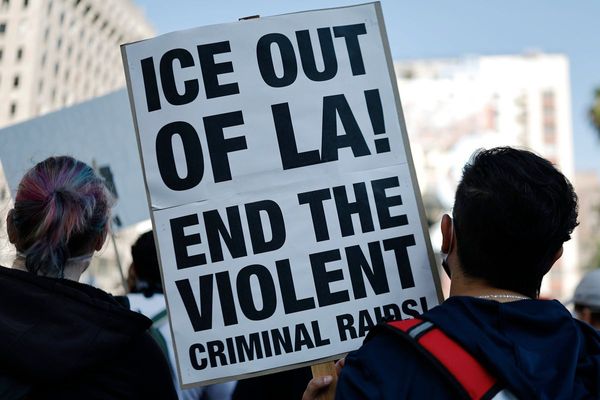
On October 14, 1987, 18-month-old Jessica McClure fell 22 feet down an abandoned well in her aunt’s backyard in Midland, Texas. For 58 hours, the nation watched as rescue workers drilled a second shaft to reach the trapped toddler. The rescue became one of the most watched news events in TV history, with Cable News Network bringing in viewers from 3.1 million households during a single 15-minute stretch.
Robert O’Donnell, a 30-year-old paramedic with the Midland Fire Department, was picked to go down into the narrow shaft because of his thin body and long arms. He pushed himself headfirst through the tight tunnel, using K-Y jelly and gentle pulling to free Jessica from where she was stuck. The rescue took over an hour, with O’Donnell pulling the toddler by her blue baby pants. When Jessica finally came out on October 16, 1987, O’Donnell became a hero overnight across America.
According to Los Angeles Times, his brother Ricky later said that Robert reflected that ever since saving Jessica deal, his “life fell apart.” The media attention came fast and strong. O’Donnell went on Oprah Winfrey’s show, traveled to fire meetings across the country, met Vice President George Bush, and even got a small role in the TV movie Everybody’s Baby about the rescue. But his part was cut from the final film without anyone telling him.
The weight of sudden fame takes a heavy toll
The International Critical Incident Stress Foundation says that about 10 to 15 percent of first responders get post-traumatic stress disorder. Research shows that more than 80 percent of first responders go through traumatic events on the job. Even though Jessica’s rescue had a happy ending, experts say that what matters is whether someone sees an event as highly traumatic, not just how it turns out.
On October 14, 1987, 18-month-old ‘Baby Jessica’ McClure fell 22 feet into an abandoned well in Midland, Texas. Rescuers worked to free her over the next 58 hours, which received worldwide media attention. During the rescue effort, Jessica could be heard singing ‘Winnie the Pooh’ pic.twitter.com/7hAJBabJWq
— RetroNewsNow (@RetroNewsNow) October 15, 2025
O’Donnell started getting bad migraines that put him on his back almost every other day. He carried around a black bag full of painkillers and became hooked on them. His marriage ended in 1991. After he passed out at the fire station from taking too many sedatives, they sent him to a drug treatment center for 30 days. He quit the Midland Fire Department in 1992 instead of taking another drug test.
The mean treatment from other firefighters who were jealous of the attention he got made things harder. Many called him Robo-Donnell to make fun of him and made him beg for people to cover his shifts whenever he traveled to get honors. Like many celebrities who have dealt with mental health and addiction, O’Donnell found that fame brought problems he never expected. He tried to kill himself twice before April 23, 1995, when he drove to his family’s ranch near Stanton and shot himself. He was 37 years old and left behind two sons, ages 10 and 14. His suicide note said: “I’m sorry to check out this way. But life sucks.”
On this day in Texas History, October 14, 1987: 18 month old Jessica McClure fell into a well in her aunt's backyard in Midland. It took 56 hours to free her from the 8 inch wide well in a rescue effort that captured nearly the entire nation's attention. pic.twitter.com/zCw0XZslWj
— Facts About Texas (@FactsAboutTexas) October 14, 2025
The Oklahoma City bombing had happened just four days before, and O’Donnell had told his mother that those rescuers would need help for years, not just days or weeks. His death showed how much mental health support emergency workers need, especially after big traumatic events that get a lot of attention. Depression can show up in ways people don’t expect, hitting even those who seem to have made it and gotten recognition.







